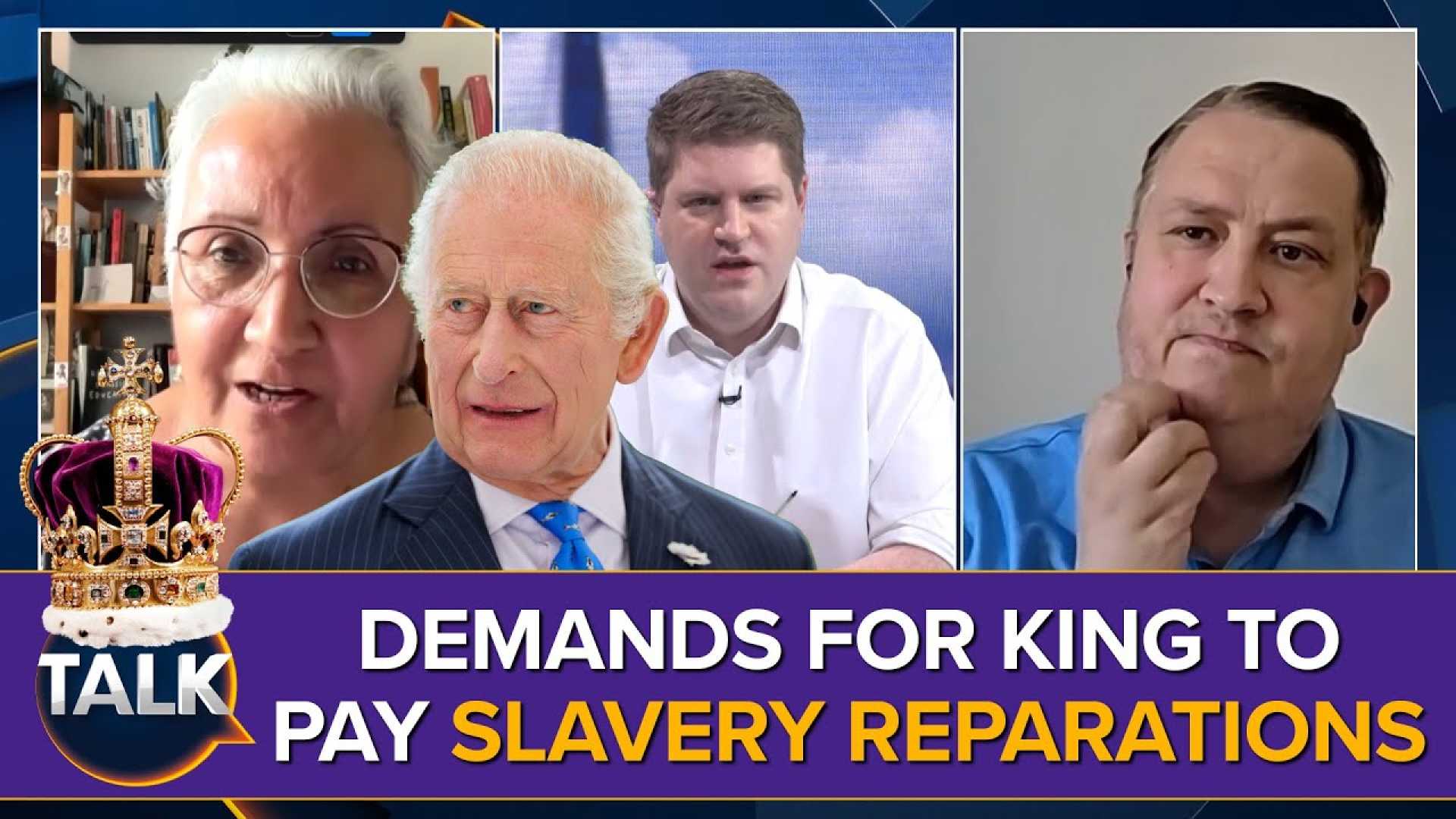News
Jamaica Seeks King Charles’ Help for Slavery Reparations Questions

Jamaica, June 27, 2025 — Jamaica is appealing to King Charles III to advocate for legal guidance from the UK’s Privy Council about slavery reparations. This initiative follows a meeting on June 24, where Jamaican parliament members discussed formally seeking the King’s support.
The Privy Council acts as the highest court of appeal for several Commonwealth nations, including Jamaica, which remains tied to the British monarchy despite its independence in 1962. Jamaica’s Culture Minister Olivia Grange announced that the government would petition the King to refer three critical legal questions to the Council regarding the historical atrocities of slavery.
“We will be submitting a petition to His Majesty King Charles III to refer to the Privy Council a set of questions that we want answered within his current position as head of state of Jamaica,” Grange stated during the announcement.
The legal questions seek to determine whether the forced transport of Africans was lawful, if such actions can be classified as crimes against humanity, and whether the UK has an obligation to provide reparations for the suffering caused. Scholars argue the legacy of slavery continues to manifest in systemic inequalities faced by the Jamaican population today.
Despite ongoing discussions about reparations, there is significant reluctance among European leaders to address the issue. Britain has historically rejected reparations claims, although King Charles has expressed sorrow about the legacy of slavery during various speeches.
This recent move by Jamaica marks another phase in its long-standing struggle for accountability regarding slavery. The Jamaican government previously introduced a bill aiming to remove King Charles as the head of state. Yet, the focus now shifts back to reparations, highlighting the country’s resolve to keep the conversation alive.
Grange emphasized that the government has carefully considered its petition and aims to articulate their demands for reparations through established legal frameworks. The Council typically convenes monthly, and the King has the authority, under the Judicial Committee Act of 1833, to refer these critical questions.
As Jamaica pursues this legal avenue, Caribbean nations like Grenada are also exploring adjustments to their constitutional relationship with the monarchy, showcasing a broader movement across the region toward addressing historical injustices.












